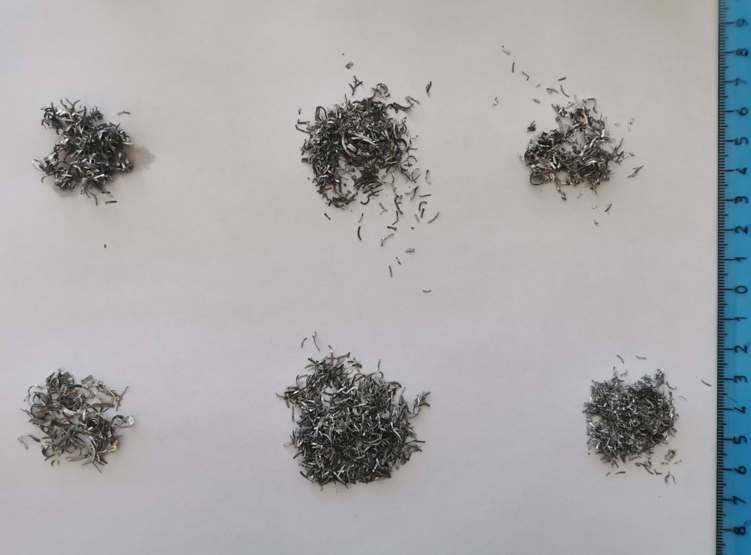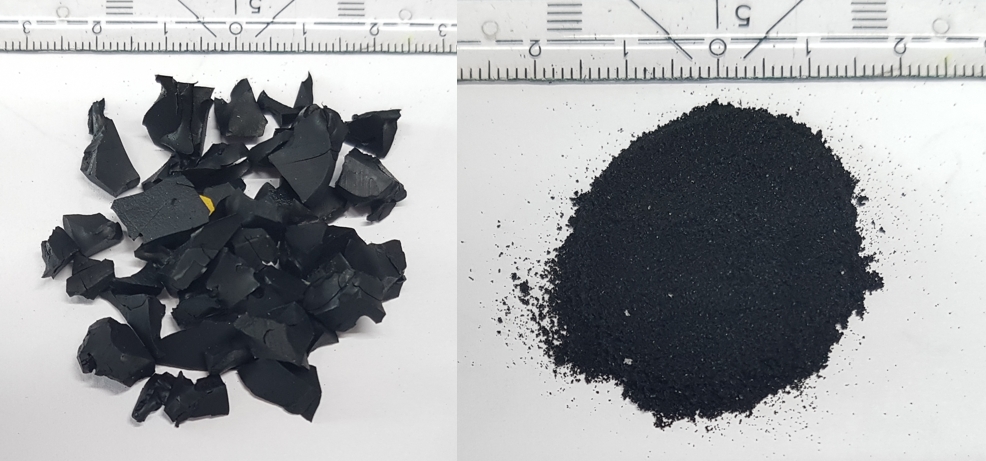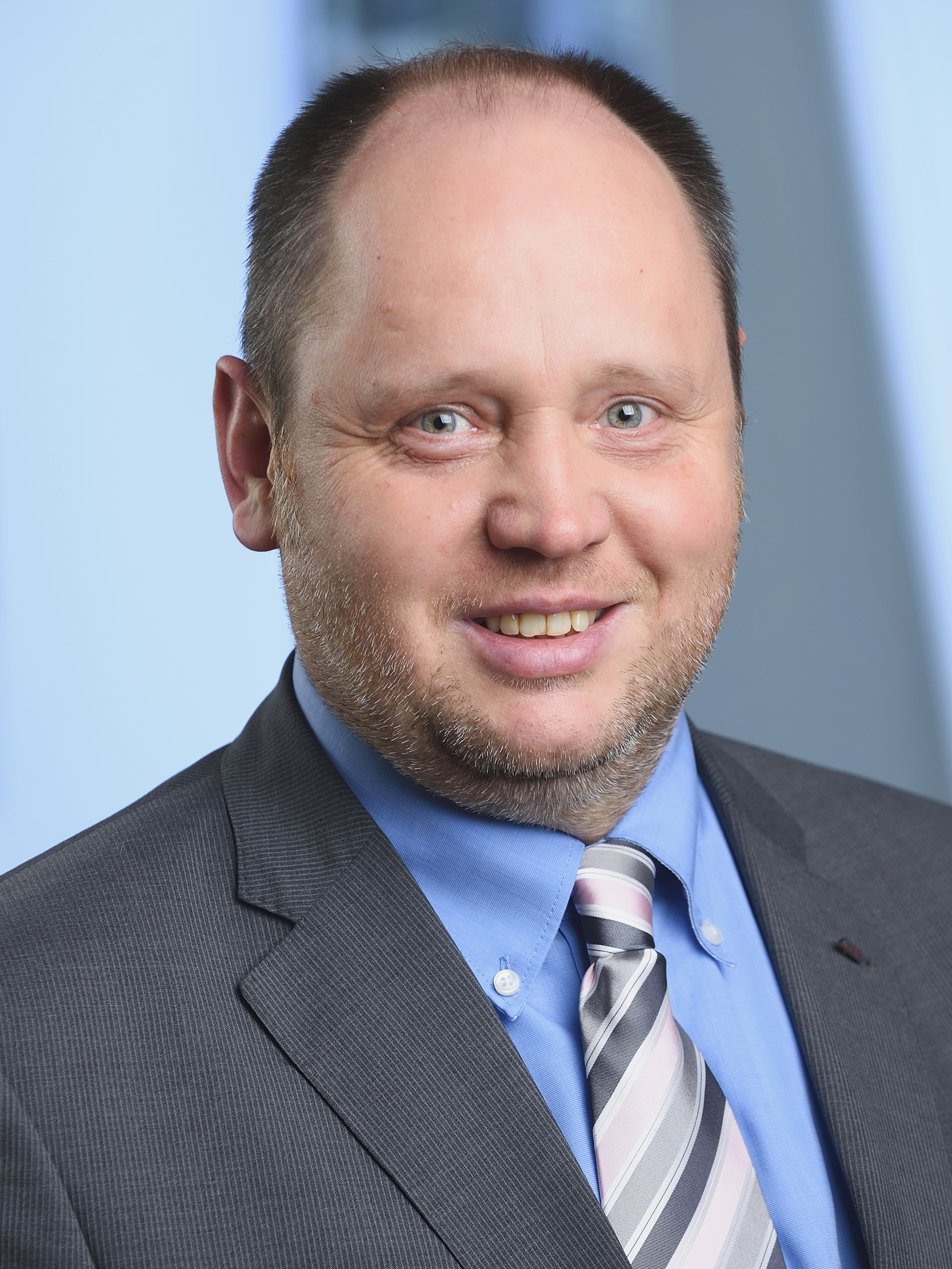Cryogenic recycling of valuable, industrially insufficiently used materials as industrial research
One of the important factors for very good recyclability is the homogeneity of the waste material. In general, the more the types are mixed, the more downcycling effects must be accepted. The same applies to the degree of contamination.
A promising and innovative variant is the processing of material compositions by cryogenic micronizing. In the process principle patented by SYNRON, the low temperature of liquid nitrogen (-196°C at normal pressure) serves to embrittle components of the material composite.
Preliminary tests positively confirmed that there was no significant change in chip geometry during cryo-cleaning. Image © TCKT
Due to the different coefficients of thermal expansion and the varying degrees of embrittlement of the components, the materials can be crushed in this way to the desired fineness by the action of friction and pressure in a drum, then separated from each other by the different degrees of micronizing using sieves and recycled without any loss of quality.
The use of this new cryogenic separation enables
- the significant reduction of production costs,
- the recovery of valuable raw materials,
- the avoidance of chemical and thermal processes.
Micronizing tests on rubber showed that elastomers (which deform elastically and do therefore not grind well at room temperature) can be ground very well at cryogenic temperatures. Image © SYNRON
The advantages for the circular economy are to be demonstrated with two exemplarily selected types of plastic composites (e.g. multi-layer films – evaluated by TCKT) and metal waste (mainly cooling lubricant emulsion-contaminated chips – evaluated by LKR). This synergetic research into the cryo-recycling process for the utilisation of industrial waste and end-of-life waste is thus taking place across all sectors. Not only the physical separation with the experimental plant at SYNRON, but also the recyclability of the cryogenically separated/purified main fractions are demonstrated in laboratory operation for a metal and a plastic grade by LKR and TCKT, respectively. Further orientation tests on selected end-of-life/post-consumer waste types from two industries complete the scope of research, to which the associated international company partners also want to contribute.





